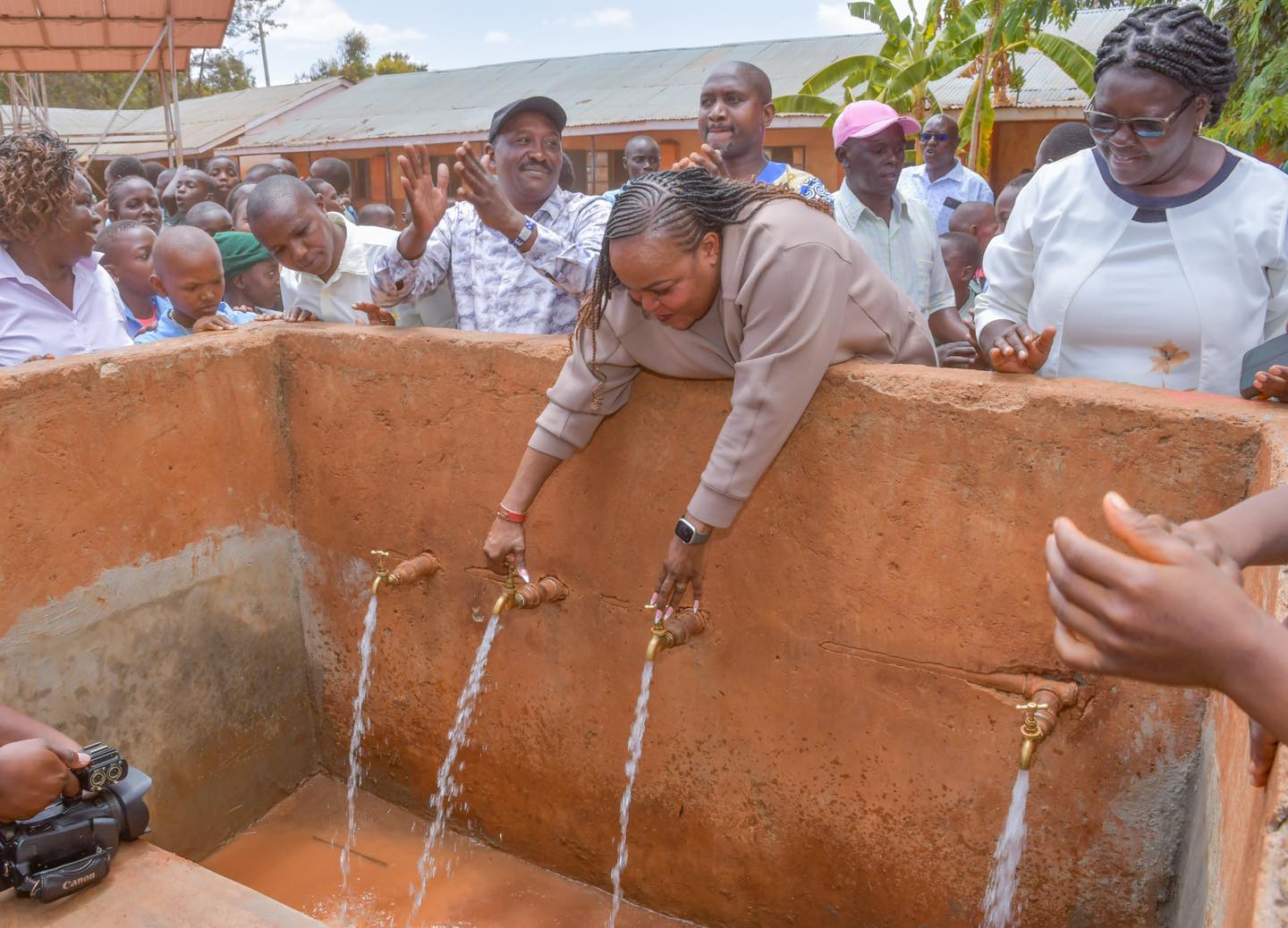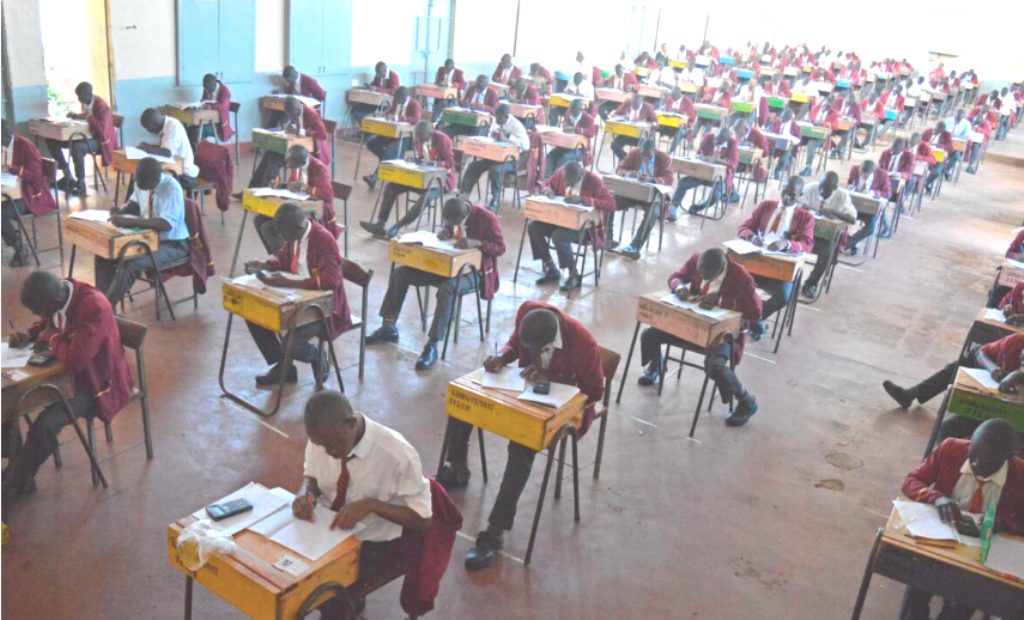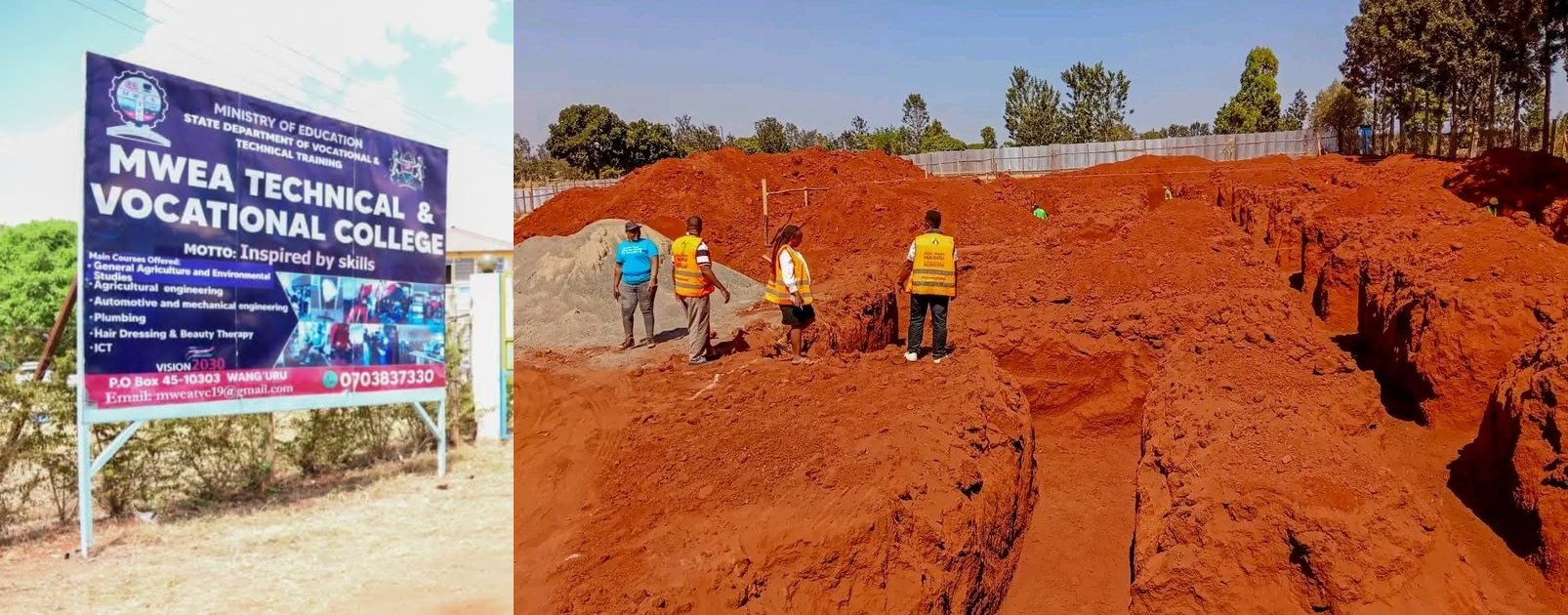By James Wakahiu
Mount Kenya University (MKU) recently held its 19th graduation ceremony. During the virtual graduation, 6,556 students graduated.
Among them were Doctor of Philosophy (PhD) graduands, 165 Masters Degrees,130 Postgraduate Diplomas, 4,678 Bachelor’s Degrees, 1,192 Diplomas and 381 certificate holders.
Speaking during the ceremony held over the weekend, Dr Nyuttu said a new MKU Convention Centre will be commissioned soon.
“It has a sitting capacity for 2,000 people and will support the region in hosting drama festivals, local and international conferences, public lectures as well as community gatherings. The spacious facility allows for social distancing when holding large gatherings,” Dr Nyuttu added.
MKU vice-chancellor, Prof Deo Jaganyi Said despite the impacts of COVID-19, the university has continued to strive in enrolling students for the various academic programmes.
“MKU has introduced an academic progression monitoring tool which will ensure that the students and their guardians can accurately determine the academic standing of every student at any given time. It will also enhance the efficiency of planning and monitoring of students’ academic progression from the point of entry to exit from the university,” added Prof Jaganyi.
He said the necessary infrastructure for mounting the Master of Laws programme is in place and the University is looking forward to admitting its first cohort of freshmen in the September-December 2021/2022 semester.
The chairman of the University Council, Prof. David Serem, said MKU has put in place measures to support retirees and to benefit from their knowledge and experiences.
MKU Chancellor Prof John Struthers said the university has been recognised by the United Nations Academic Impact (UNAI) office in New York through a unique opportunity to serve as the UNAI Sustainable Development Goal (SDG 10 Hub) on Reduced Inequalities.
The chief guest, Prof Waswa Balunywa, Principal Makerere University Business School urged Africancountries to design an education system that gives them the skills needed at the different levels in the economy.
Prof Balunywadecried the lack of emphasis on natural resources in the continent’s education system. He urged for increased focus on agriculture, which employs 60 to 90 per cent of the African population.





